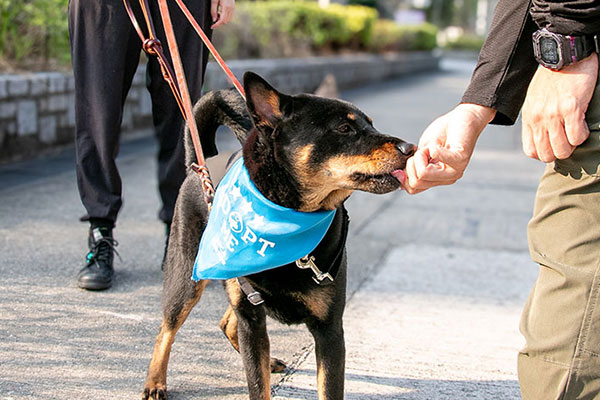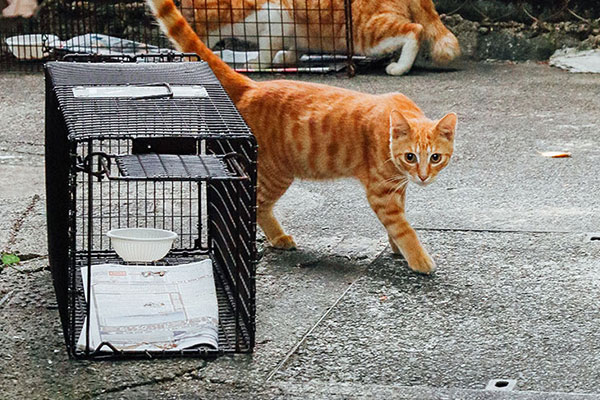Kennel Stress 101
As the adoption rate drops, many animals are staying at our adoption centre longer than we would like. Some of these long-stayers adapt better than others with our animal care team’s support; however, kennel stress does happen to some of them despite being well-cared for and exercised by our staff and volunteer dog walkers.
Let’s take a look at understanding this condition, and how you and our team can support the animals.
Stressors include:
Dogs in kennels may display “cage aggression”, they may seem aggressive from an outsider’s perspective.
But often, the dogs feel fear, stress, or frustration.
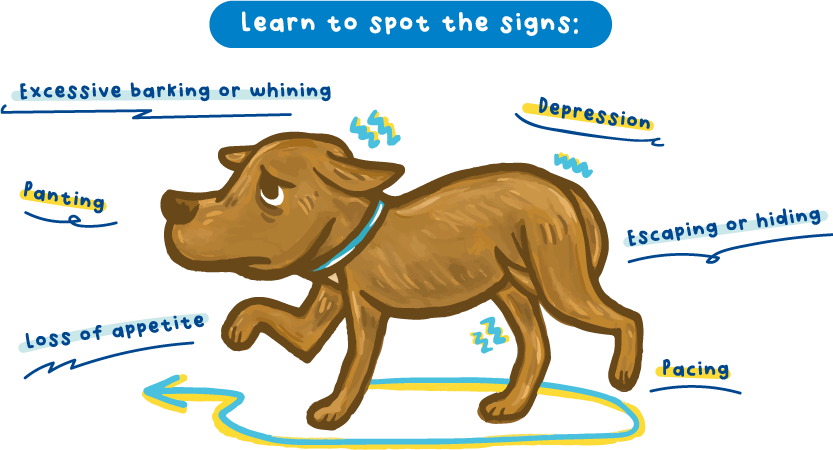
Prolonged stress can impact a dog’s immune system making them more susceptible to illnesses. What can shelters do to help manage kennel stress in dogs?
Knowing the potential stressors or causes of kennel stress can help us identify how to mitigate this in shelter dogs. These include things such as;
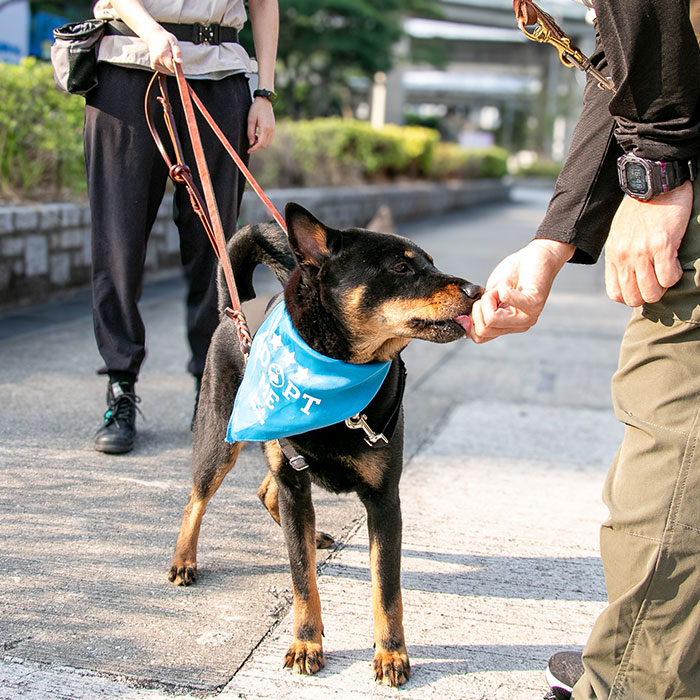
At the SPCA, our dedicated Behavioural and Training team focuses on rehabilitating our dogs every day. Training is a great opportunity for mental stimulation and bonding. Teaching dogs tricks and how to overcome challenges creates satisfaction

Each day, our dogs are frequently exercised by our team of animal care staff and volunteer dog walkers.
- Regular playing time
- Office visits or more face-time with kennel staff
- Pack walks for exercise and socialisation
- Enrichment toys for mental stimulation and problem-solving

For example, sensitive or ‘reactive’ dogs should stay at the end of the corridor or quiet area of the shelter. Dogs that are less affected or happier to greet strangers can stay closer to the main door or lobby area.
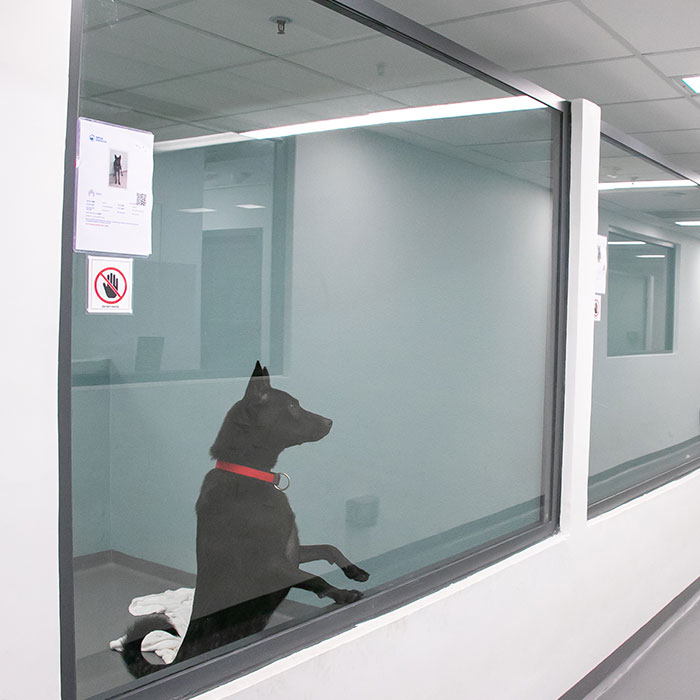
How would you feel if a stranger was wandering and snooping just outside your home? Limiting the number of visitors to avoid overwhelming the dogs is one way of doing it. Some of our shyer dogs in our new Tsing Yi Centre can only be visited by appointment to avoid stressing out the animals.
How to tell if it’s kennel stress or the dog’s personality?
Ask the homing assistants! They are the dogs’ main caregivers and will know the dogs best. It’s the fastest way to get an overview on a dog’s personality, likes and dislikes. If you are interested in adopting and still want to get to know the dog better, ask if you can interact with the dogs outside the kennel area on a walk or in the indoor exercise area.You will see how the dogs behave and their reaction to strangers. Even after the first and second steps, it’s still a long way to go to know their personality, so we would recommend visiting several times to allow you to get to know the dog better.
In conclusion, kennel stress is very real and can affect shelter dogs in a number of ways during extended stay. Don’t overlook the seemingly scared or aggressive dogs for how they behave in kennels as there could be a number of factors affecting the dog. Talk to a member of staff who knows the dog best if you are interested in adopting, and come back for multiple visits to get to know the dog. Although there are ways to mitigate kennel stress, rescue dogs would ultimately thrive in a home of their own, so, please consider adopting long stayers.
If you are unable to adopt, you can still help by joining our Volunteer Programme to give our dogs the much-needed exercise, socialisation and mental stimulation they need to succeed both in, and outside kennels.













